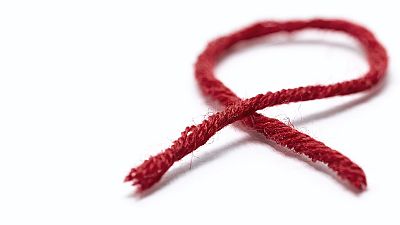AIDS
A study has found that HIV strains are becoming resistant to an antiretroviral drug called Tenofovir in 60% of cases in several African countries.
The study conducted between 1998 and 2015 looked at about 2000 HIV patients worldwide
According to the findings published in the Lancet Infectious Disease journal, poor administration of the drug in terms of regularly taking the right levels of it could be the reason behind the resistance
Another suggestion is that the strains could be passed from one person to another.
“If you develop resistance to that, it’s a very large loss,” said study author Dr. Robert Shafer, of Stanford University in California.
The study found that the proportion of people with Tenofovir – resistance ranged from 20 percent in Europe to over 50 percent in sub-Saharan Africa
The researchers say they can’t predict how many people with HIV will have resistance, because their study only included people who failed treatment.
However, their estimates suggest that under current circumstances, about 8 percent to 18 percent of patients in sub-Saharan Africa who receive tenofovir plus efavirenz will develop resistance in the first year of treatment.
The researchers say treatment and monitoring of HIV patients around the world needs to be improved, and surveillance also needs to be increased














01:09
UNAIDS urges global unity in World AIDS Day call to action
01:11
South Africa gives twice-yearly HIV prevention jab the green light
Go to video
South Africa's health minister hails planned rollout of new HIV prevention jab
01:16
HIV prevention injection slashed from $28,000 to $40
01:14
Congo Ebola deaths top 31 as authorities rush to vaccinate
01:01
Ebola cases in Congo rise as authorities race to contain spread of outbreak